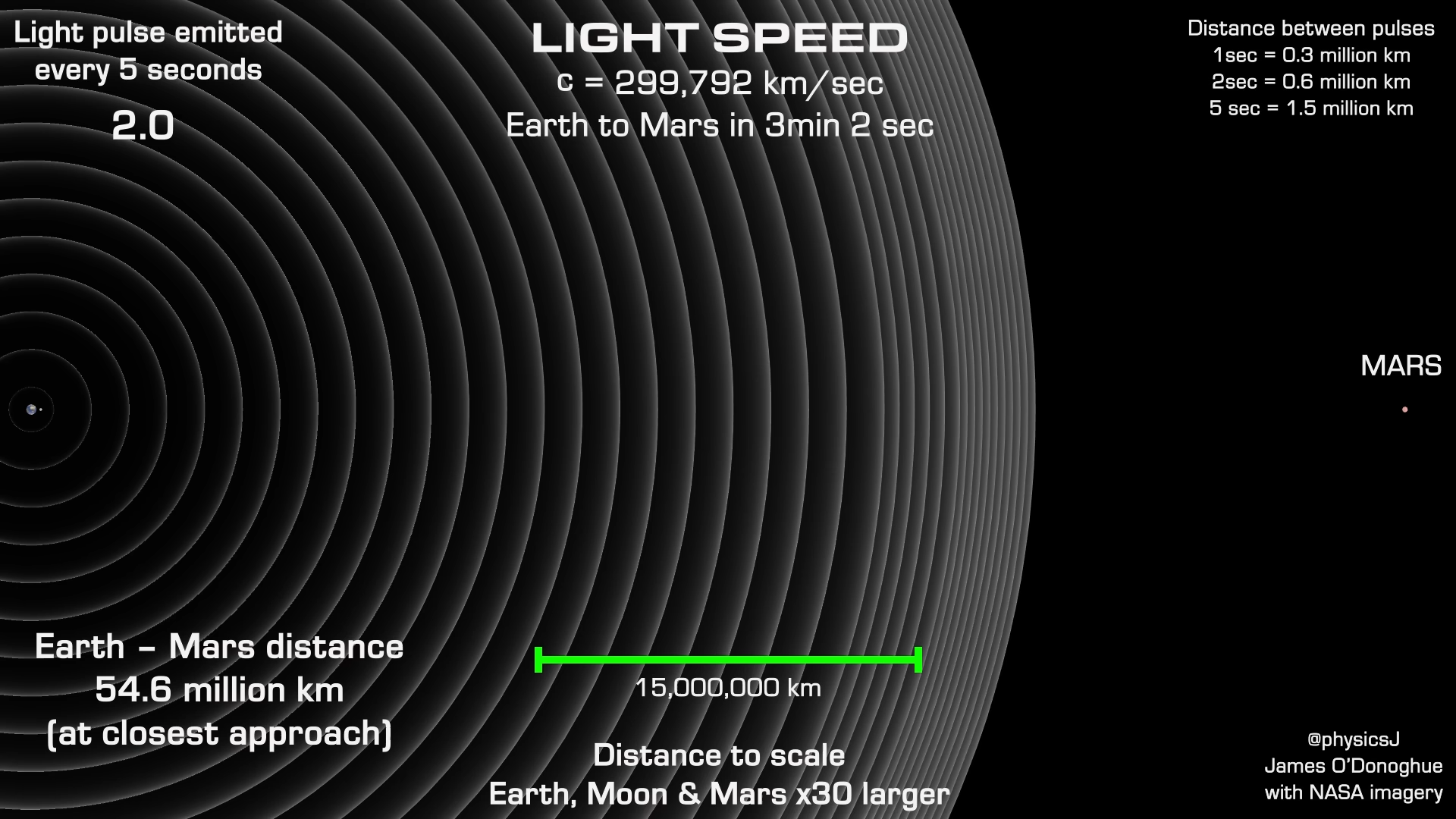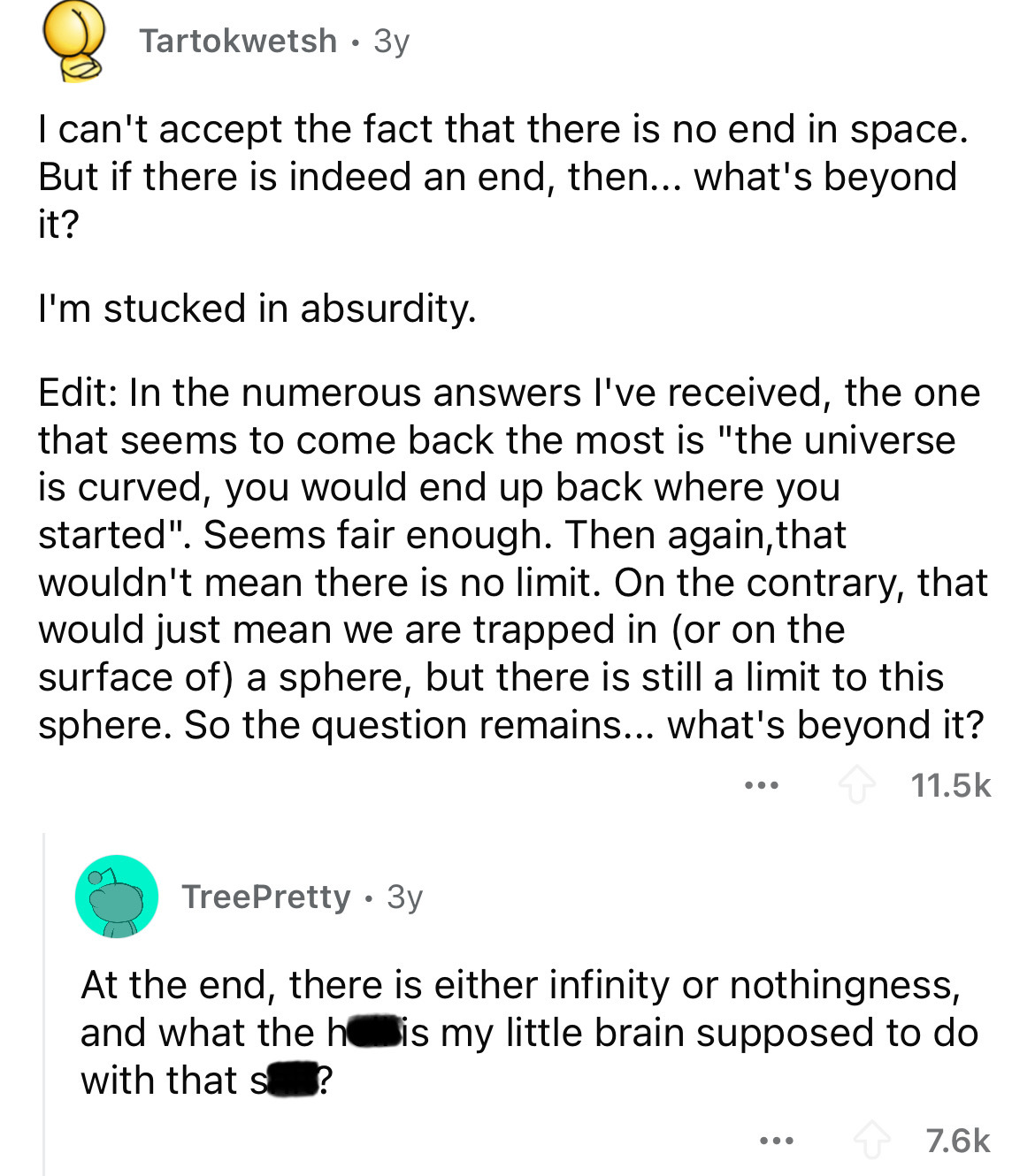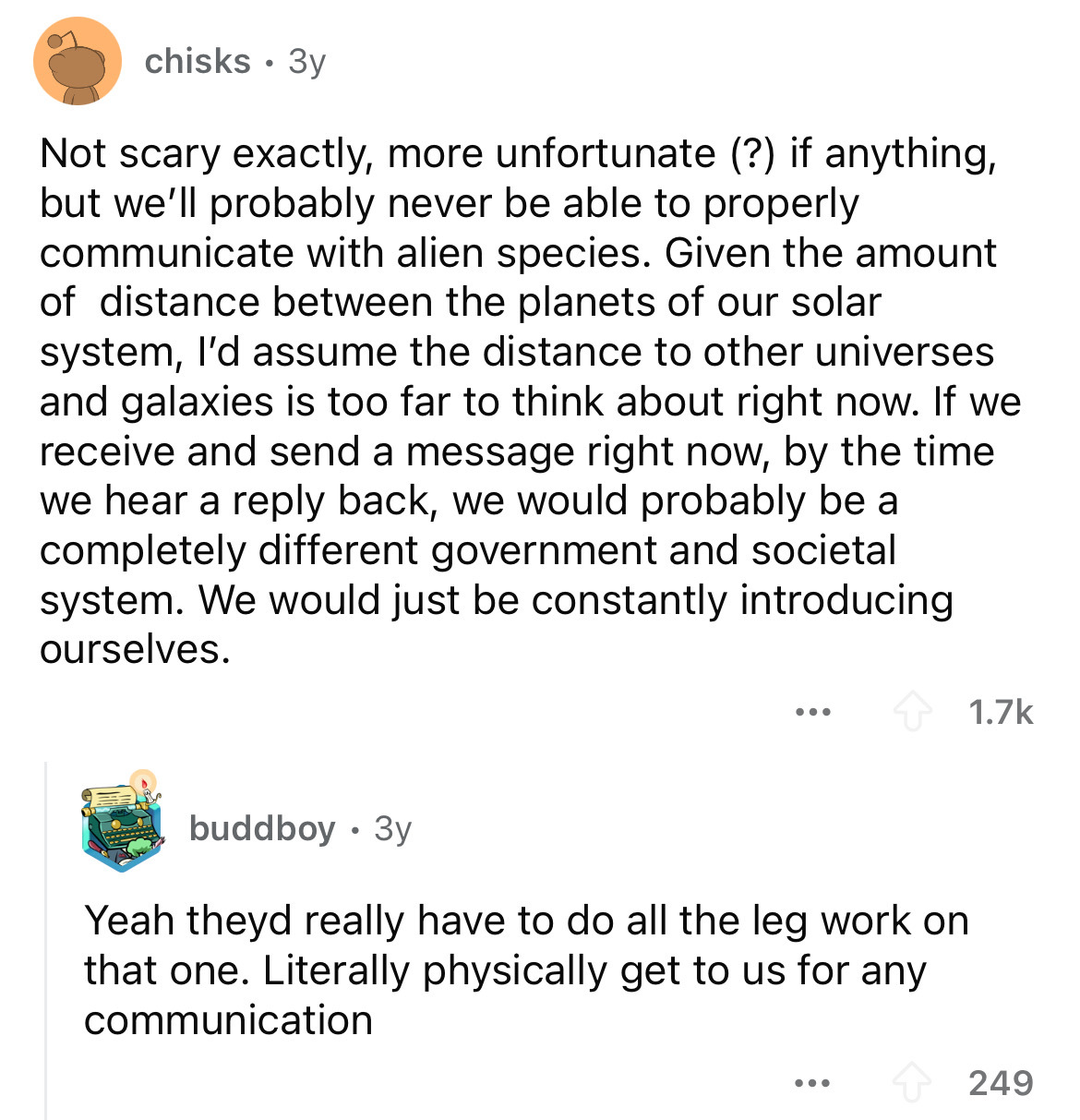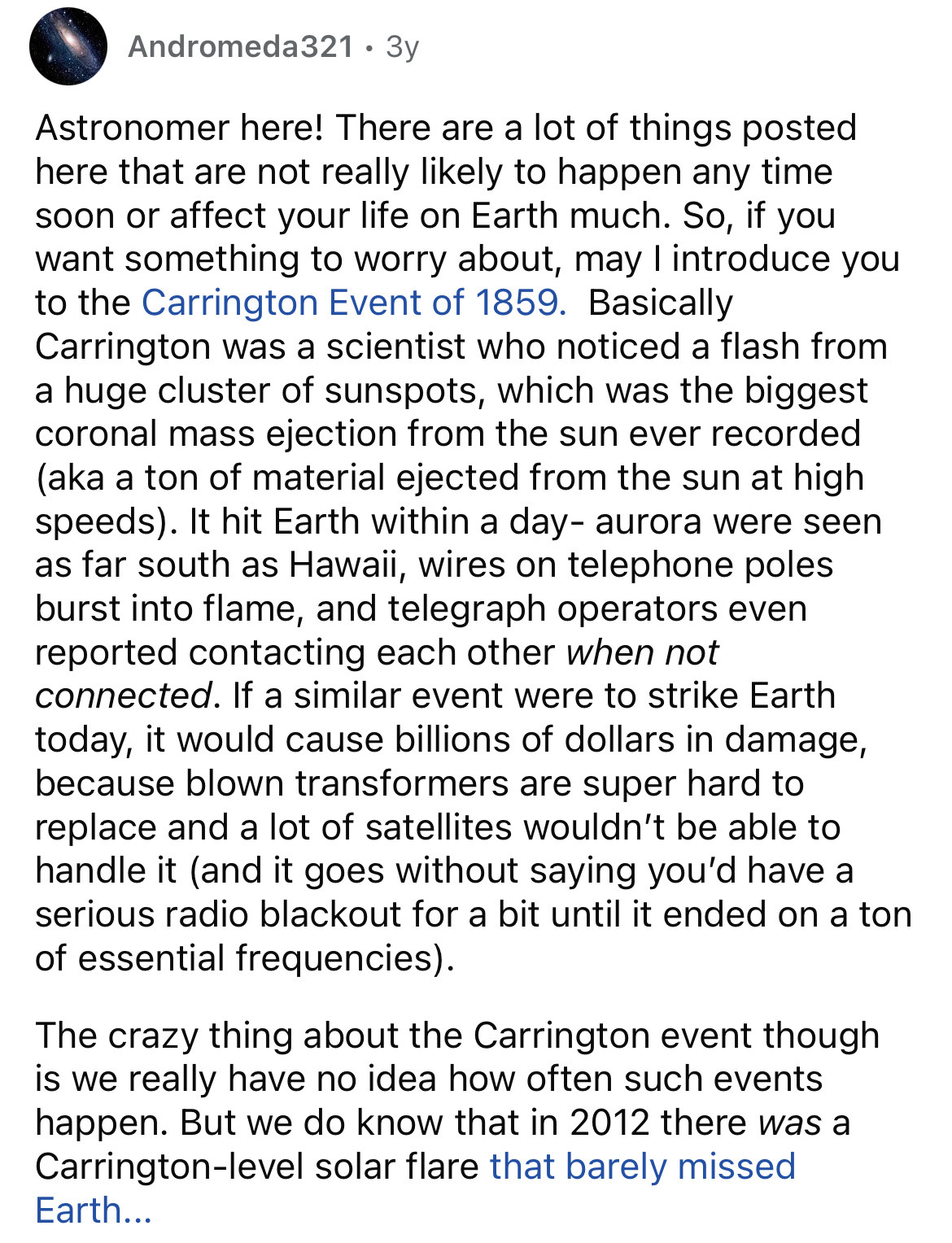Is space worth exploring? It’s a hostile frontier, filled with unimaginable dangers that boggle the mind. The more we learn, the weirder it gets. Consider this: the universe isn’t just expanding at its edges, but every bit of space is stretching apart. Even our atoms are drifting away from each other. In billions of years, the universe will stretch so far that we won’t even know it exists, swallowed by darkness.

Yang Liwei was the first astronaut sent into space by China. Once up there, he repeatedly heard a mysterious knocking on the door of his spacecraft, like someone knocking to come in. He couldn’t see anything out of the window. Of course, sound doesn’t travel in space. He reported it once he was back on the ground. Other Chinese astronauts have since reported similar knocking. To this day, nobody knows for sure what the knocking sound really is.


The Kessler Effect is the theory that a single destructive event in Low earth orbit could create a cascade where satellites break up into tiny fragments taking out other satellites, breaking up into smaller fragments and so on, until the earth is completely surrounded by a massive cloud of tiny flying death shrapnel which would make leaving this planet almost impossible. This is what inspired the movie “Gravity.”


Gamma ray bursts. A tsunami of cosmic gamma-rays hitting Earth would set our atmosphere on fire and sterilize at least one half of our planet. Very brief flashes of energetic gamma-rays from space were discovered in the late 1960s.


Vacuum decay. It’s possible that the energy in our universe is not at its resting state, and will decide to revert to that, wiping out our matter as we know it.


This visual shows how slow light speed is and how vast space is, depending on which way you look at it. I’ve seen videos showing the scale of the universe before, but this one really hit home for some reason. The speed of light, the fastest speed possible, looks painfully slow when you look at it in the context of even a fraction of our solar system.


Mobile black holes. I think the only thing we could do is literally move the planet and/or solar system out of its way. That’s the most realistic thing we could do.



Voyager 1 will outlive planet earth. It is “plausible” to imagine that Voyager 1 will outlive our planet given how incomprehensibly vast space really is. Voyager 2 might as well.


The Bootes void. An area of space where there should be 50,000 or so galaxies compared to other areas of the same size, but there’s only about 2,000. It’s also growing. If the Milky Way had been in the center of the Boötes void, we wouldn’t have known there were other galaxies until the 1960s.







 Barnorama All Fun In The Barn
Barnorama All Fun In The Barn
distances traveling at light speed are not relevant since time stops at light speed.